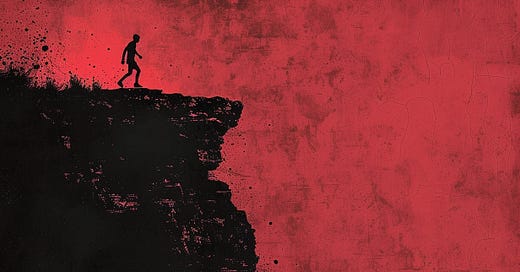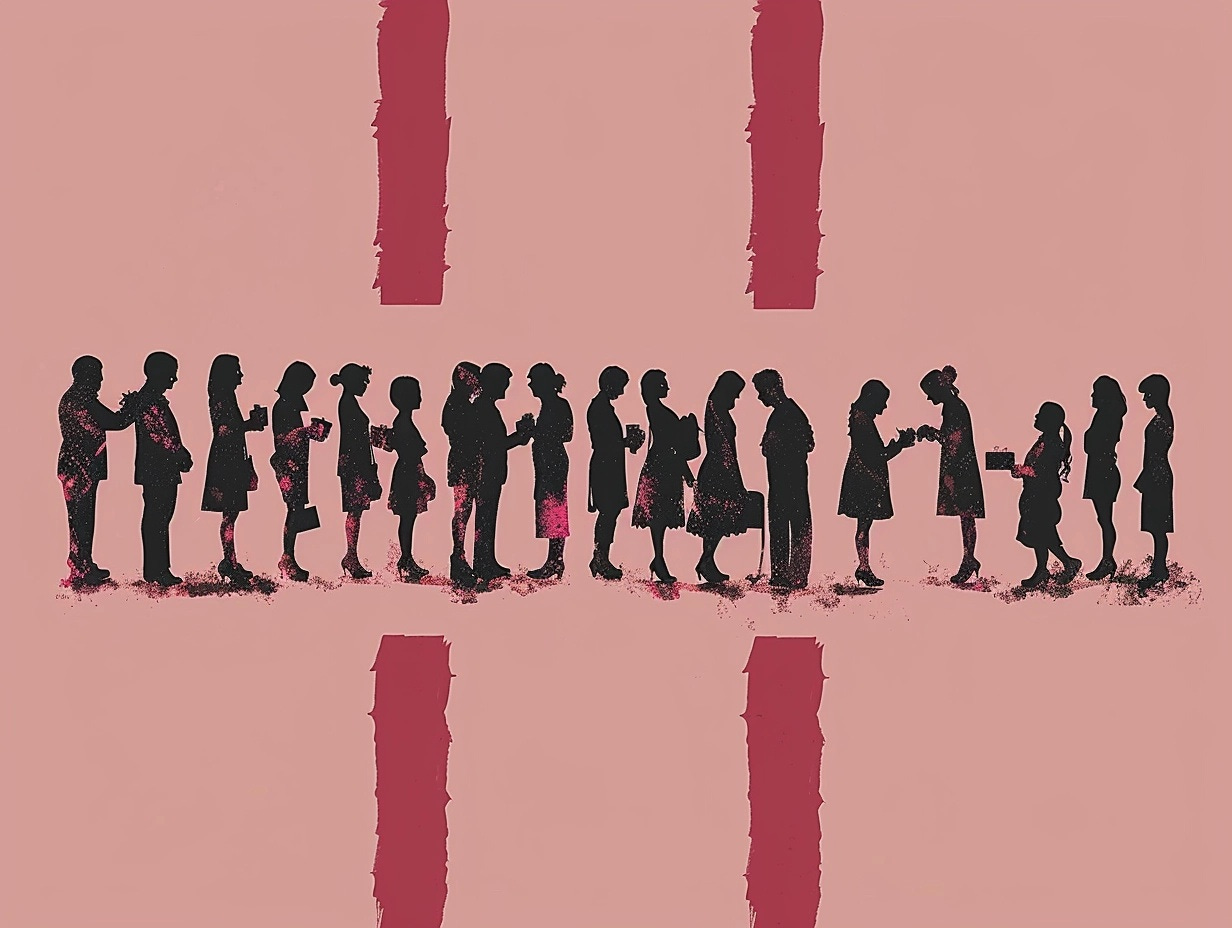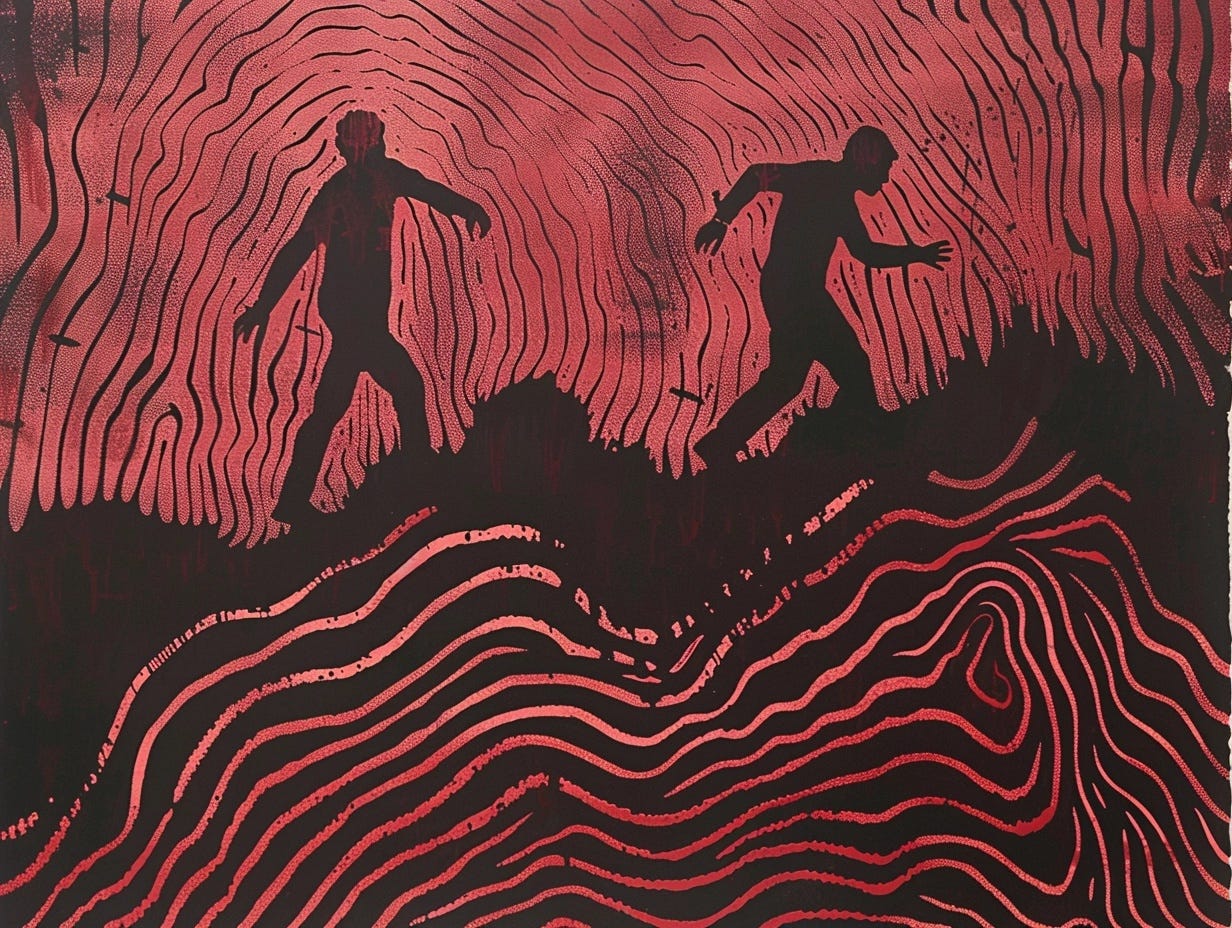Building Out Loud #9: Thinking About How People Think
5 atomic posts on deep tech venture building - and a podcast!
Designed Jeopardy in Startup Programs
"In fact, the most interesting aspect of evolution is that it only works because of its antifragility; it is in love with stressors, randomness, uncertainty, and disorder." Antifragile - Nassim Nicholas Taleb
The universe doesn't want a new startup to exist and will work against it at every turn. There is no place for it and the world hasn't made room for it in the minds of customers and the supply chains that will feed it.
This is why building startup is one of the riskiest endeavours a person might attempt and an 'unreasonable belief' in its need to exist is the first currency which needs to begin accumulation in the resource treasury of any new company.
This is also why the last thing a startup creation program should do is design for comfort - it must design for jeopardy. Something real has to be on the line.
I've talked before about "The Eye of the Tiger" that founders acquire when they work through catastrophe to become the more resilient version of their former selves. This applies to teams as well. When teams work through a real challenge to land on the other side, they feel inspired, proud of their collective ability to achieve something difficult.
These aren't nice-to-have attributes in a team. They are necessary.
In risk work like ours, we must face risks head on, but do so in a controlled environment. We can't avoid them, and the last thing we should do is delay insights by avoiding the moments where we might fail a test. In that failure is a transformation and a readiness for what comes next.
Here's what deferring risk sounds like:
🗣️ "I need to do another 2 years in the lab before speaking to customers."
🗣️ "I need to operate in stealth mode otherwise someone will steal my IP"
🗣️ "I need to work on this in my spare time because I'm not sure that it is safe to leave my day job yet."
A startup program should design in:
🔅 Career Risk: have at least one person that is all-in. No hedging.
🔅 Time Risk: create burning platforms with portals to 'safety' on the other side
🔅 Utility Risk: expose the idea to people who will explain what doesn't work for them
Increase capital as the risk of complete failure is decreased and as capacity to take on risk and to manage it increases.
Build the resilience muscle in the people and company, before the risk is turned up to full volume.
It is tempting to give a company 'everything they need' at the start to build strength. Tragically, this normally does the opposite.
p.s. experienced founders do this to themselves.
Compromising is Learning
We think of compromising as giving something up. But this assumes that our idea is perfectly formed and other ideas are going to end badly.
What if, our idea is weak?
What if compromising is actually learning?
What if we just learned a better way through our collaborations?
Pause. Listen. Synthesise. Move forward.
"The Gift"
Venture investors think a lot about how we make decisions. We are often faced with incomplete data. The earlier the company, the harder it is to objectively weigh an opportunity.
We've been asking our peers how they do it. One idea we heard, which I love, is "The Gift". The firm that shared this idea has quite a large investment team. In their case, every team member shares one thing with the lead who is presenting the deal: why they would NOT invest in this company.
The lead does not respond or argue against these positions, unless they need to make a factual correction. They take all of the negative feedback as a positive contribution to the decision.
This is "The Gift".
The lead takes the gift away overnight and returns the next day with a decision on how they would like to proceed.
When we encourage the negatives to rise, and the deal team / lead thinks of the comments as data points for their own process and not a vote - not a storm of headwinds to kill the deal - we can make a better decision.
Disagreement is data.
Arranged Marriages for Startups
There is a myth that startups are best founded on magical friendships which exist prior to a company's foundation. A moment of epiphany between two peers which leads to a shared commitment to change the world.
But, startups don't work this way usually. A startup is work, albeit with an "unreasonable belief" that is higher than the general workforce. A startup needs people that can do the work. It needs people who compliment each other.
When a founder looks up from their desk and sees their co-founder at work, they need to think "Thank f**k that person is here, I couldn't do this without them."
This is why I am a believer in "Arranged Marriages" for new startups. I believe we can, and we must, assemble a founding team as deliberately as any other part of a company creation process.
In deep tech, this is even more important because the depth and complexity of the different jobs-to-be done is extreme.
Understanding Stubborn People
I once pitched an idea to the CTO of a large telco and he rejected it very quickly as a terrible option.
He paused for a moment and then said: "But, my wife bought me a shirt the other day that I said was horrible and I would never wear it. But the next day I put it on and I looked good. So why don't you leave this idea with me."
We tried the idea the following week and it worked well.
Sometimes, a stubborn rejection of an idea rises at the tail end of a long process of synthesis and thesis development, especially from people who are operating in highly complex environments. CEOs of startups are some of the most 'stubborn' people I know because of this.
When an idea is tried against a thesis and it doesn't fit well, it might be rejected quickly because this mental model is used to decide what to do and not do. Companies can't do everything.
But the best leaders don't stop synthesising inputs. The idea will move through their mental model in time, and maybe unlock a new compartment of value.
I've learned to not push to hard and to let an idea sit. We can't force 'stubborn' people to change their mind on the spot. We need to give ideas time to flow through the bigger picture.
And it is also possible that we are wrong - and it really is a terrible idea.
Mucky Middle Podcast
The creativity of building a business with Phil Morle from Main Sequence Ventures
A big thanks to Nick Hunter for having me.










